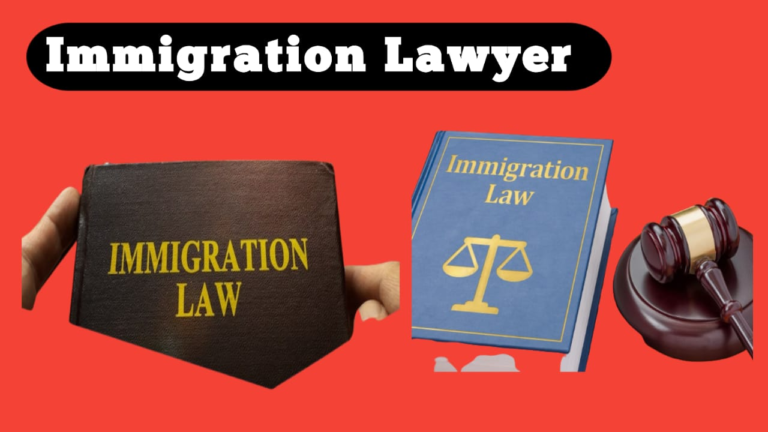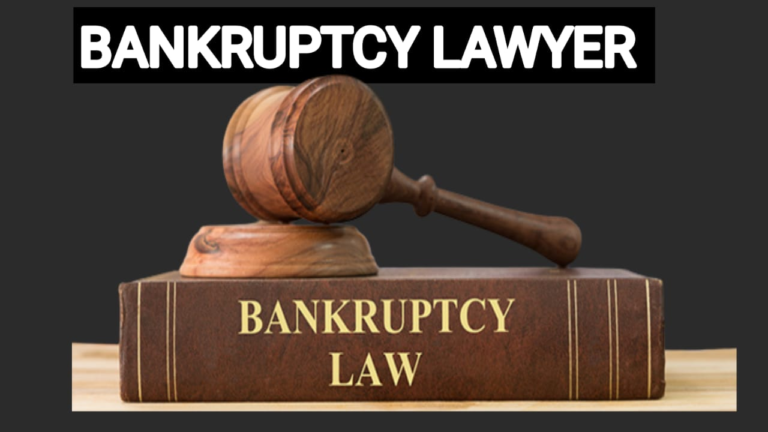ENTERTAIMENT LAWYER

An entertainment lawyer is a legal professional who specializes in providing legal services to individuals and companies in the entertainment industry. They handle a wide range of legal matters specifically related to the entertainment field. Here are some key points about entertainment lawyers:
Contract negotiation and drafting: Entertainment lawyers assist clients in negotiating and drafting contracts related to various aspects of the entertainment industry. This can include contracts for talent representation, artist agreements, record deals, film and television production agreements, licensing and distribution agreements, endorsement contracts, and more. They ensure that the contracts protect the client’s rights and interests and comply with relevant laws and industry standards.
Intellectual property protection: Intellectual property (IP) is a crucial aspect of the entertainment industry. Entertainment lawyers help clients protect their intellectual property rights, including copyrights, trademarks, and sometimes patents. They assist in the registration and enforcement of these rights, handle licensing agreements, and address issues related to infringement or unauthorized use of intellectual property.
Talent representation: Entertainment lawyers often represent artists, actors, musicians, writers, directors, and other creative professionals. They negotiate contracts on behalf of their clients, advise them on career decisions, protect their rights, and handle disputes that may arise between talent and their employers or business partners.
Rights acquisition and licensing: Entertainment lawyers facilitate the acquisition and licensing of rights for creative works. This can involve negotiating deals for the use of music in films or commercials, obtaining rights to adapt literary works into film or television projects, licensing video game rights, and more. They ensure that the necessary permissions and clearances are obtained and that the rights holders are properly compensated.
Content distribution and digital media: With the rise of digital media platforms, entertainment lawyers assist clients in navigating the distribution and licensing of content in the digital realm. They advise on issues such as streaming agreements, digital content distribution, online copyright enforcement, and compliance with evolving digital media regulations.
Entertainment industry regulations: Entertainment lawyers stay up-to-date with the legal and regulatory frameworks that govern the entertainment industry. They help clients understand and comply with relevant laws and regulations, such as those related to copyright, privacy, defamation, labor and employment, contracts, and advertising.
Dispute resolution and litigation: In the event of disputes or legal conflicts, entertainment lawyers represent their clients’ interests in negotiations, mediation, arbitration, or litigation. This can include disputes over contract breaches, intellectual property infringement, royalty disputes, talent disputes, defamation claims, or other legal issues that arise within the entertainment industry.
Business and corporate matters: Entertainment lawyers may also handle various business and corporate matters for their clients. This can include entity formation, partnership agreements, mergers and acquisitions, financing arrangements, tax planning, and other legal aspects of running an entertainment business.
Entertainment lawyers play a crucial role in protecting the legal rights and interests of individuals and companies in the entertainment industry. They combine legal expertise with industry knowledge to provide comprehensive legal services tailored to the unique needs and challenges of the entertainment field.
Negotiating deals: Entertainment lawyers are skilled negotiators who work to secure favorable terms and conditions for their clients in various entertainment-related deals. They leverage their knowledge of industry standards, market trends, and legal considerations to negotiate contracts that protect their clients’ rights and maximize their financial interests. This can include negotiating compensation, royalty rates, profit participation, creative control, and other provisions specific to the entertainment industry.
Project development: Entertainment lawyers often play a role in the development of entertainment projects. They provide legal advice on matters such as script options, rights acquisitions, development agreements, and collaboration agreements. They ensure that the necessary legal steps are taken to protect the creative work and secure the rights required for the project.
Clearances and releases: Entertainment lawyers assist in obtaining the necessary clearances and releases for the use of copyrighted materials, trademarks, and other protected content in films, TV shows, music, advertising, and other entertainment projects. They help secure permissions for the use of third-party content, negotiate licenses, and ensure compliance with intellectual property laws.
Risk assessment and management: Entertainment lawyers assess and manage legal risks associated with entertainment projects. They identify potential legal issues, such as defamation claims, copyright infringement, privacy concerns, or contractual disputes, and develop strategies to mitigate these risks. They provide guidance on compliance with applicable laws and regulations, minimizing the likelihood of legal disputes or liabilities.
Talent agreements and representation: Entertainment lawyers represent and negotiate on behalf of talent, including actors, musicians, directors, writers, and other creative professionals. They review and negotiate talent agreements, which may cover areas such as compensation, exclusivity, rights exploitation, and dispute resolution. They advocate for their clients’ interests, protect their rights, and help navigate the complexities of the entertainment industry.
Licensing and merchandising: Entertainment lawyers assist clients in licensing their intellectual property for merchandising purposes. This can involve negotiating agreements for the use of trademarks, copyrights, or character rights in merchandise, endorsements, branding, and related ventures. They ensure that licensing agreements are structured to protect their clients’ rights and secure appropriate compensation.
International and cross-border matters: Entertainment lawyers often work on international and cross-border projects, dealing with legal issues that arise across different jurisdictions. They navigate the complexities of intellectual property protection, contractual obligations, tax implications, and regulatory requirements in various countries, ensuring compliance and protecting their clients’ interests in a global entertainment marketplace.
Industry relationships and connections: Entertainment lawyers often have extensive networks and relationships within the entertainment industry. They may collaborate with agents, talent managers, record labels, production companies, distributors, and other industry professionals to facilitate deals, resolve disputes, and advance their clients’ careers.
Entertainment lawyers are integral to the success and protection of individuals and businesses in the entertainment industry. Their deep understanding of both legal principles and the unique dynamics of the entertainment field allows them to navigate complex legal issues and advocate for their clients’ interests in a highly competitive and ever-evolving industry.




![INTELLECTUAL PROPERTY LAWYER [IP]](https://panewsfee.uk/wp-content/uploads/2023/08/image-25-768x432.png)

